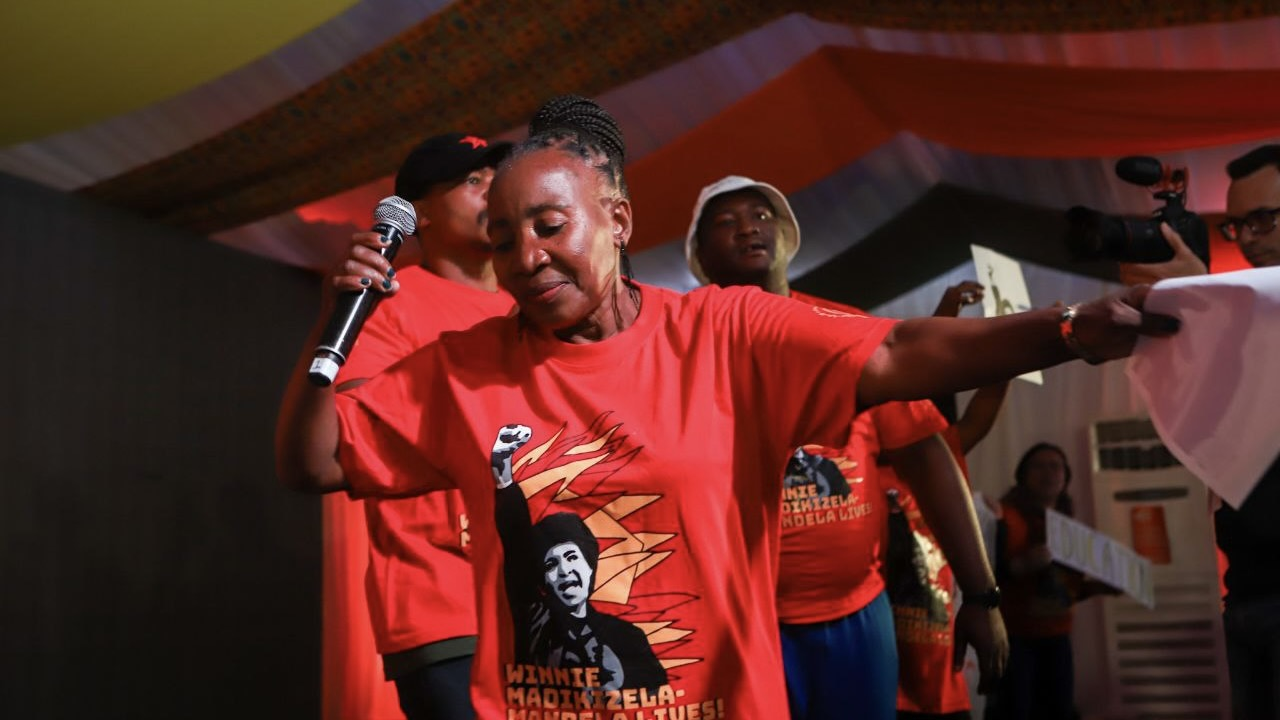In an era marked by growing disillusionment with Western capitalist democracies, left leaders from around the world have converged to discuss the essence of true democracy. The recent III International Dilemmas of Humanity Conference held in Johannesburg, South Africa, served as a platform for these leaders to reflect on the need for democratic systems that are built from the grassroots and truly represent the will of the people.
One striking theme that emerged during the conference was the rejection of conventional, liberal notions of democracy. Leaders like Blanca Eekhout from Venezuela emphasized the necessity of revolutionary democracy. They argued that true democracy must be transformative and reflect the will of the majority. In such a democracy, sovereignty remains with the people and not in the hands of elites.
Harleen Kaur from the Tricontinental Institute in India presented a contrasting view, highlighting the plight of Indian farmers and their struggles against right-wing, neoliberal policies. The Indian farmers' movement, which gained global attention, became an embodiment of people's democracy. It exemplified how, even in the face of state repression, popular democracy can thrive, leading to transformative changes.
From Morocco, Jamal Berajaa echoed similar sentiments by questioning the label of democracy for his nation. He argued that Morocco's version of democracy is merely a façade, as the country's capitalism serves foreign markets and monopolies, keeping the majority of the population marginalized and disengaged from the political process.
Eugene Puryear, representing the Party for Socialism and Liberation in the United States, voiced the prevailing distrust of Western capitalist systems. Falling voter participation and an increasing lack of faith in capitalism have become evident. He emphasized the importance of people's control over resources for a true democracy to take shape.
The overall message from these leaders was clear: true democracy can only emerge when it is built from the bottom up. People's voices and their active participation in governance should be at the core of any democratic system. As capitalism's oppressive hierarchy becomes increasingly evident, the call for a more inclusive and egalitarian democracy is gaining momentum.
These reflections highlight a growing critique of Western capitalist systems, which often prioritize profit and power over the well-being and voices of the majority. The notion of democracy from below presents an alternative path, one that challenges existing power structures and emphasizes the empowerment of marginalized communities and oppressed groups.
As the world grapples with the crises spawned by neoliberalism, these discussions offer a glimmer of hope for a more equitable, people-centered democracy that transcends the confines of capitalist ideals. The need for a genuine democracy—one built from the ground up—remains a critical goal for many, calling into question the legitimacy and effectiveness of Western capitalist systems.

